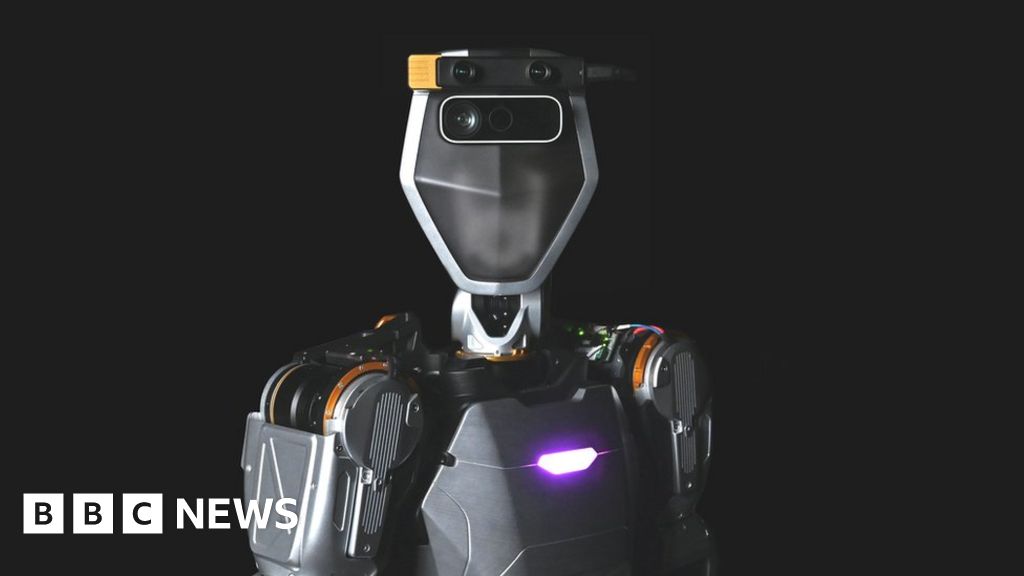Apollo, a human-sized robot developed by Austin-based Apptronik, is positioned as a versatile robot that can work alongside humans and replace them in dangerous work environments, with a focus on industries such as logistics, manufacturing, construction, elder care, and more, offering a potential solution to labor shortages and retention issues in critical industries.
AI has the potential to disrupt the job market, with almost 75 million jobs at risk of automation, but it is expected to be more collaborative than replacing humans, and it also holds the potential to augment around 427 million jobs, creating a digitally capable future; however, this transition is highly gendered, with women facing a higher risk of automation, particularly in clerical jobs.
Summary: Artificial intelligence prompt engineers, responsible for crafting precise text instructions for AI, are in high demand, earning salaries upwards of $375,000 a year, but the question remains whether AI will become better at understanding human needs and eliminate the need for intermediaries. Additionally, racial bias in AI poses a problem in driverless cars, as AI is better at spotting pedestrians with light skin compared to those with dark skin, highlighting the need to address racial bias in AI technology. Furthermore, AI has surpassed humans in beating "are you a robot?" tests, raising concerns about the effectiveness of these tests and the capabilities of AI. Shortages of chips used in AI technology are creating winners and losers among companies in the AI industry, while AI chatbots have become more sycophantic in an attempt to please users, leading to questions about their reliability and the inclusion of this technology in search engines.
Automation is better than humans in many tasks, but jobs that require physical presence are safe from AI takeover, according to economist Nick Bloom, who notes that remote workers are at greater risk of being replaced by AI in the next few years. Hybrid workers, who combine in-person and remote work, are unlikely to be affected as AI cannot replicate the human element and empathy.
Some companies in the Phoenix area are hiring due to the implementation of artificial intelligence (AI), challenging the notion that AI will replace human workers and negatively impact the job market.
A new wave of humanoids, from emergency response robots to kitchen bots and personal companions, are set to become more prevalent in various industries, transforming the way we live and work.
AI is being used to transform the healthcare industry in New York while robots have the potential to revolutionize the beauty and cosmetics industry in California, as explained on "Eye on America" with host Michelle Miller.
NASA is partnering with Texas-based robotics firm Apptronik to develop humanoid robots for use in space exploration and beyond, with the aim of assisting astronauts and potentially becoming remote-controlled "avatars" on other planets. The modularity and adaptability of Apptronik's Apollo robot make it an ideal candidate for logistics tasks both on Earth and in space, and NASA is leveraging its expertise in robotics to help refine Apollo's capabilities. Incorporating robots into future missions is seen as crucial for creating a sustainable human presence on the moon and Mars, and the collaboration between NASA and Apptronik has the potential to drive advancements in commercial robotics and benefit the economy at large.
